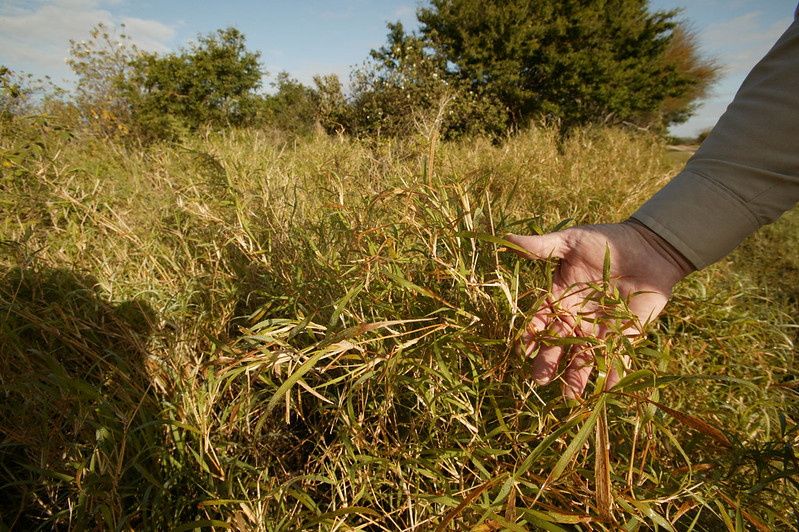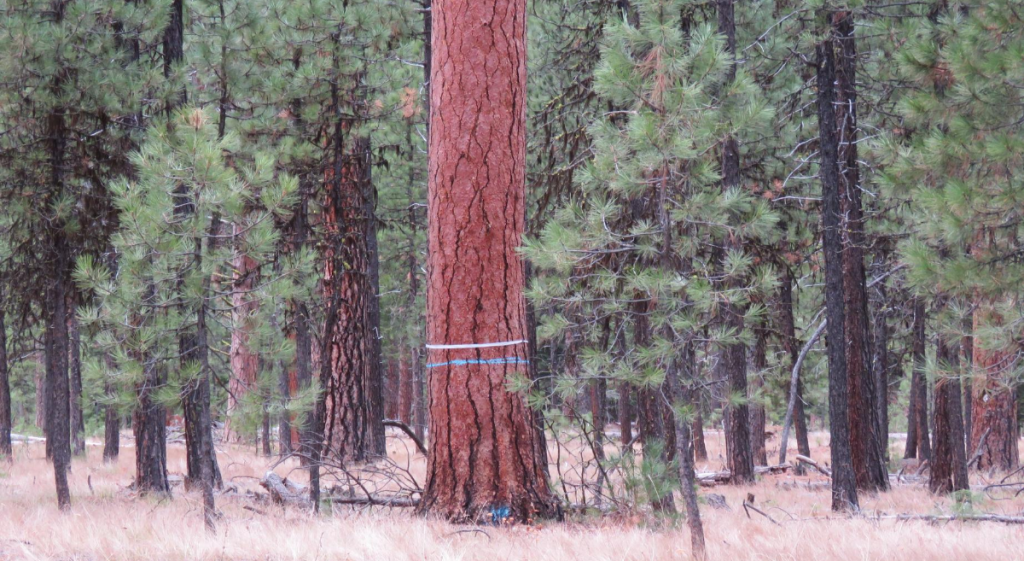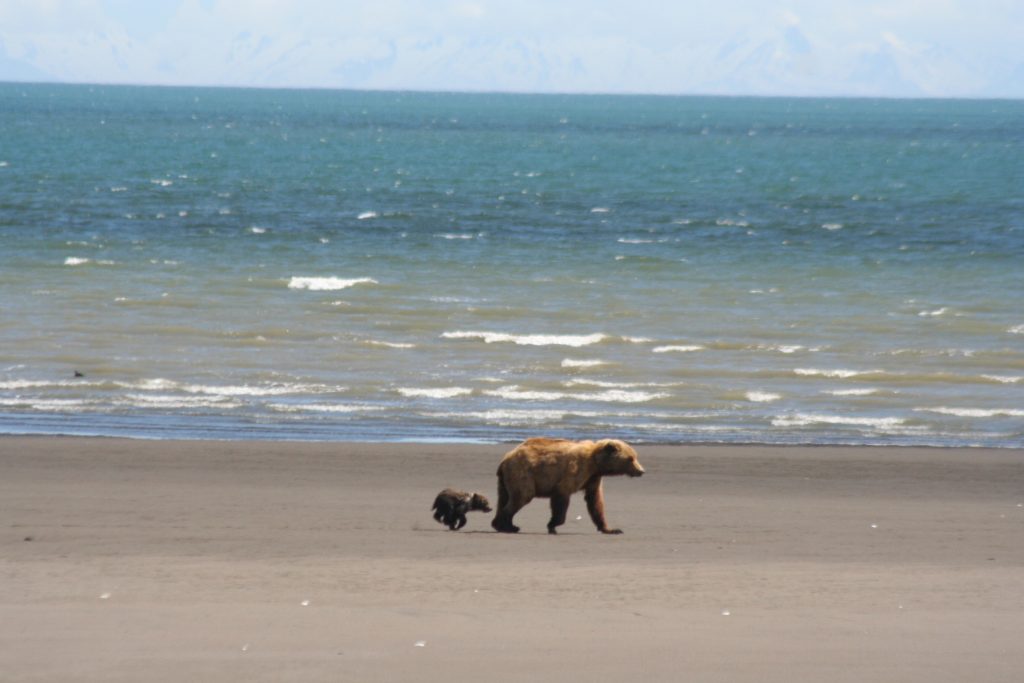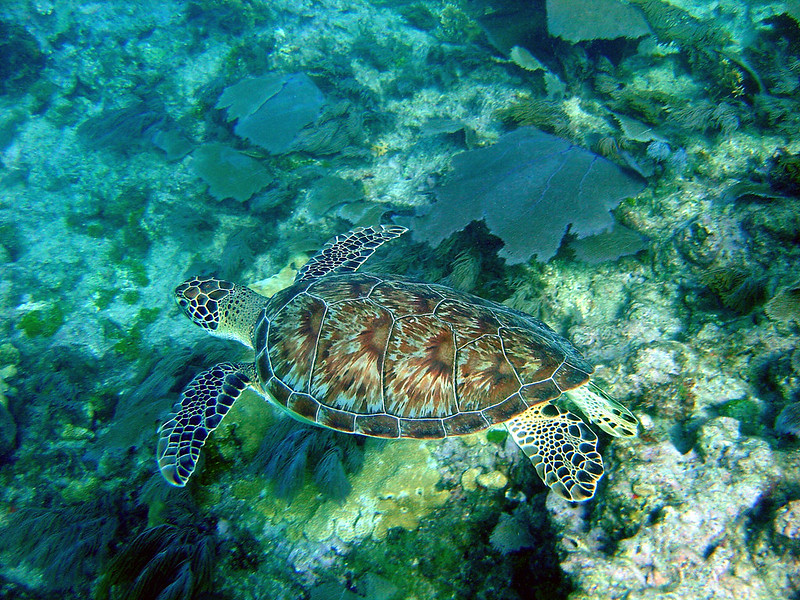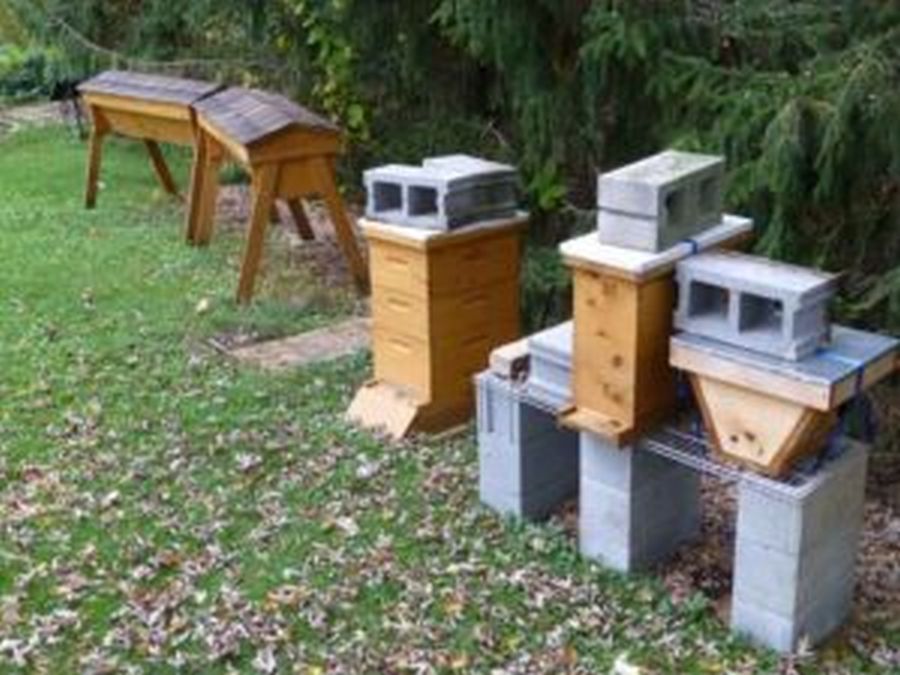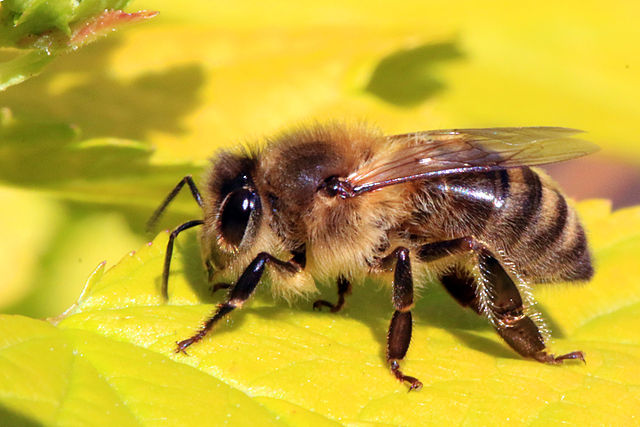The Anthropocene is classified as a geological “event” at this point—as are mass extinctions and rapid expansions of biodiversity.
By Julia Conley Published 3-5-2024 by Common Dreams

The idea underpinning scientists’ push to recognize the current time period as a new geological epoch called the Anthropocene dates back more than 100 years, but on Tuesday, a committee of experts voted down the proposal to officially declare a new age defined by human beings’ impact on the Earth.
The panel, organized by the International Union of Geological Sciences (IUGS), was tasked with weighing whether the Holocene—the epoch that began at the close of the last ice age, more than 11,000 years ago—has ended, and if so, when precisely the Anthropocene began.
Continue reading


